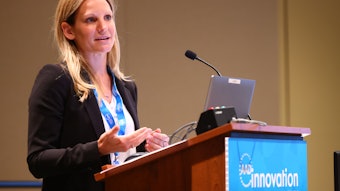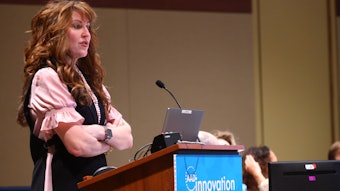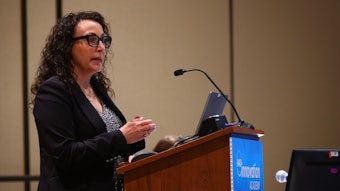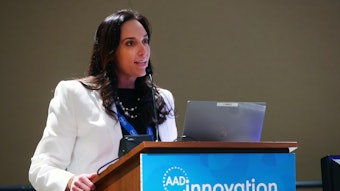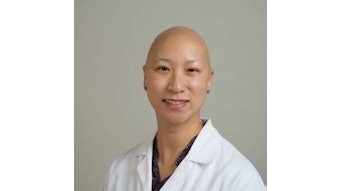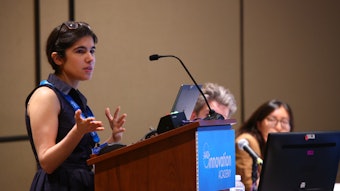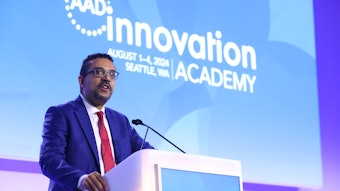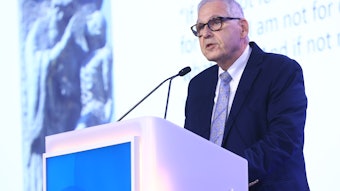Practice smarter, not harder
A professional roadmap to efficient practice management.
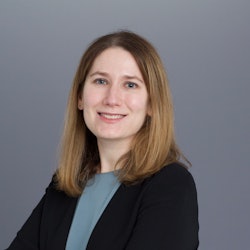
C001 – Navigating Practice Management in Dermatology: Insights and Innovations
1-5 p.m. | Thursday, Aug. 1
Room 608
With the right tools and training, it is possible to run an efficient and highly successful dermatology practice, according to Alexandra Flamm, MD, FAAD, associate professor of dermatology and residency program director at NYU Grossman School of Medicine in New York City.
Dr. Flamm and George Han, MD, PhD, FAAD, associate professor of dermatology at Hofstra University’s Zucker School of Medicine in Hempstead, New York, are the co-directors of this afternoon’s session, C001 – Navigating Practice Management in Dermatology: Insights and Innovations. The multi-speaker panel will provide an array of professional acumen and current tools to refine and improve practice flow. This includes the newest innovations in coding and insurance, dermatologist burnout and mechanisms for coping, processes for adapting more quickly to regulatory change, the use of appropriate technology, and strategies for effectively managing a staff.
“Practice management is a vital part of dermatology,” Dr. Flamm said. “Understanding changes within practice management and the tools available at your disposal allow for dermatologists to practice at the highest level possible.”
Correct coding, technological advances offer keys to success
Chief among the steps dermatologists can take to improve a practice is the use of appropriate and correct coding, and it is one that insurers look at closely, Dr. Flamm said. This involves understanding both the Current Procedural Terminology (CPT) codes used in dermatology as well as any necessary modifiers. This session will provide attendees with updates in these areas as well as common mistakes and how to avoid them.
Another key step toward effective practice management is the knowledge and ability to leverage technological advancements to reduce administrative burdens and develop best practices for managing staff, Dr. Flamm said.
“Technological advancements can streamline workflows and ensure a busy clinic can run smoothly. They can also help with aiding in more accurate diagnoses, enhanced ancillary testing options, and ensuring access to more effective treatments,” she said.
One of the biggest hurdles to running an efficient practice, Dr. Flamm said, is the constant regulatory updates that affect the specialty of dermatology — and learning to stay two steps ahead.
“Regulatory updates have shifted the practice landscape within medicine and dermatology,” Dr. Flamm said. “These are occurring at both the state and federal level, around areas that range from prior authorizations and step therapy to lab management and advocating for sustainable physician reimbursement.”
Questions?
During the session, attendees will also have the opportunity to engage with panelists and pose their own practice management questions to the group. This session has been approved by the American Board of Dermatology (ABD) for up to 40 Continuous Certification Program (CCP) Component 2 Self-Assessment points.
The full panel includes Lauren Claire Hollins, MD, FAAD; Faith McNicholas; Melissa Piliang, MD, FAAD; Howard Wooding Rogers, MD, PhD, FAAD; Daniel M. Siegel, MD, MS, FAAD; and Elizabeth A. Swanson, MD, FAAD.


